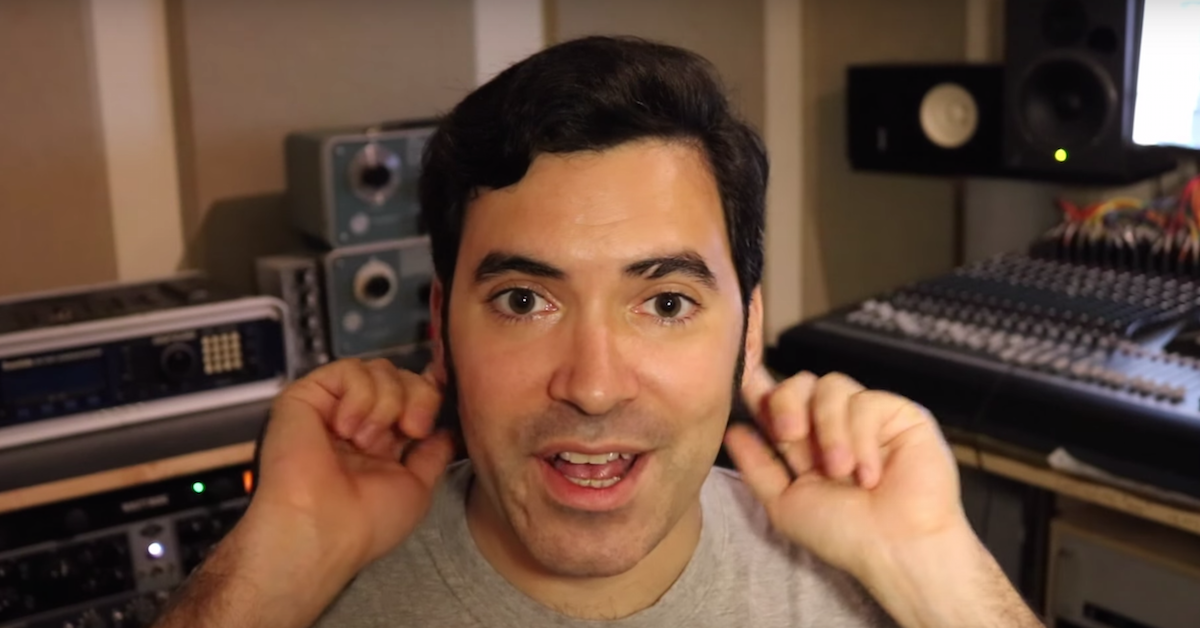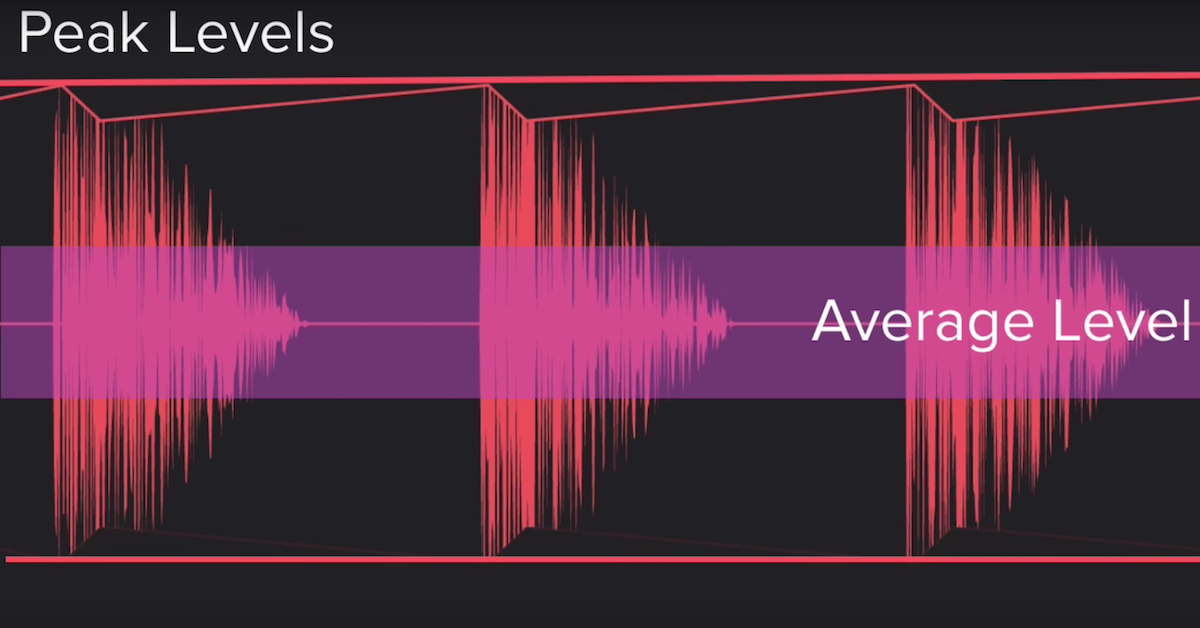3 Habits That Are Affecting Your Productivity in the Studio
Article Content
Being busy and being productive are two totally different things.
If you aren’t using your time spent in the studio efficiently then you’re just losing out on income, slowing your career growth and stealing from your leisure time.
On that note, let’s take a look at three bad habits that are affecting your productivity in the studio:
1. Not Seeing the Forest for the Trees (Prioritizing the Wrong Things)
When The Beatles were recording their groundbreaking albums in the 60’s, they started with two-track machines, moved on to four-track machines in 1963 and eventually gained access to eight-track machines in 1968. The famous REDD .37 console at Abbey Road Studios which they used for a lot of their famous recordings had two bands of EQ: A high shelf, and a low-shelf.
Can you imagine recording a legendary chart-topping album (Please Please Me had 30 weeks at #1) with nothing more than two tracks and a 2-band EQ in our current day and age? Oh, and did I mention you only have 1-2 days to get the whole job done?!?
But why? Why do things take so damn long nowadays? Given the fact we spend so long working on our music, why isn’t every album a huge hit?
The formula for answering this question is simple:
More Time Spent ≠ Bigger Hit.
The truth is, somewhere along the way we forgot that it’s the song that gets people hooked. It’s not the fancy production techniques. It’s not the pristine, perfectly edited and tuned vocals. It’s not the countless hours spent on mixing… It’s the song!
Next time you start obsessing over tiny details that probably won’t have much of an impact on the success of the track you’re working on, why not take a step back and consider whether your time would be better spent improving the core material instead?
2. Not Committing to Decisions (Option Paralysis)
“I’ll come back to it later…”
With the huge advancements in the worlds of digital audio and computing technology over the last few decades, we’ve basically come to a point where we have pretty much infinite processing power, channel counts and plugin options at the tips of our fingers at super-affordable prices.
While having all of this “infinite freedom” should technically allow for infinite creativity, in practice it often results in the opposite: a paralysis caused by having too many options to choose from.
Again, we’ve just been talking about what The Beatles were able to achieve with such limited technology in such little time. They simply made decisions, stuck with their decisions, did their best, got the job done and moved onto the next project. They achieved 200+ songs released between 1962 and 1970!
Nowadays we’re more likely to make an open-ended decision, change our minds the next day, redo everything, rinse, repeat, fall into a pit of self-doubt and despair, and eventually (3 weeks later) get the job done while still not feeling particularly satisfied with the end result.
Although “being limited” is often thought of as a negative thing, in creative endeavors such as music it can often be extremely freeing. Limitations allow you to focus more on what’s really important and less on which plugin to use where.
Here are a few examples of “limiting yourself” in a music production context to get more done:
- Instead of using 15 plugins on a single vocal, try replicating the same end result with fewer, broad musical strokes, on a single SSL channel strip plugin.
- Instead of experimenting for 5 hours on which mic combination you want to use on your guitar cab and where you want to place them all, use the tried-and-tested “single SM57 a few inches from the cap-edge” technique for a great, balanced guitar sound in seconds.
- Instead of recording DI’s for every instrument and figuring out how you want to reamp them later on, just dial in a cool sound in the room which the player can vibe and draw inspiration from and commit it to tape.
3. Starting From Scratch Every Time
Another huge time and productivity killer in the studio is redoing basic, boring tasks from the beginning every single time when you could be diving straight into the good stuff and getting results.
Imagine you’ve booked a band for a recording session. The singer turns up, feeling pumped and ready to dive straight into recording. But the singer can’t, because you have to spend half an hour setting up channels, busses, FX and dialing in a vocal sound so that they can just hear themselves. By the time you’re ready to go, the whole band has fallen asleep on the couch out of sheer boredom and are looking pretty drowsy.
My point is, this is super basic stuff that should be saved as a template — ready to go at a moment’s notice to avoid wasting valuable time and enthusiasm in the studio.
The same logic can be applied to all areas of production:
- Mixing/Mastering: If you have to spend an hour setting up before beginning a mix, your ears and eyes are gonna get tired before you’ve even started. You’re gonna miss out on the all-important benefits of listening to the track for the first time with fresh ears and a fresh mind. Having pre-adjusted default plugin presets and fully-routed project templates at the ready will save you hundreds of hours in the long-run, and allow you to spend less time on the technical and more time on the creative.
- Recording Demos: When a stroke of inspiration comes in the middle of the night and you rush to your computer to record that amazing riff idea, you don’t want to have to spend forever coming up with a basic usable tone at risk of forgetting it. Why not spend an hour or two coming up with some “go-to” clean, crunch and overdrive presets for your favorite amp simulation plugin so that when lightning strikes you can plug straight into your audio interface and get to bottling in no time?
Conclusion
Music is all about emotion. If a song doesn’t capture the attention of the listener within the first few seconds, it won’t matter how many hours you spent producing and mixing it, as they’ll hit skip faster than you can say “sidechain multiband compression.”
Stop wasting so much time on things that really don’t matter as much as you think they do, and channel more of your time and energy into making good songs.
Make sure to check out my full “Mixing Workflows” video course on The Pro Audio Files membership site for tips and tricks on creating default starter presets, building mixing templates and more techniques you can use to speed up your workflow in the studio!






